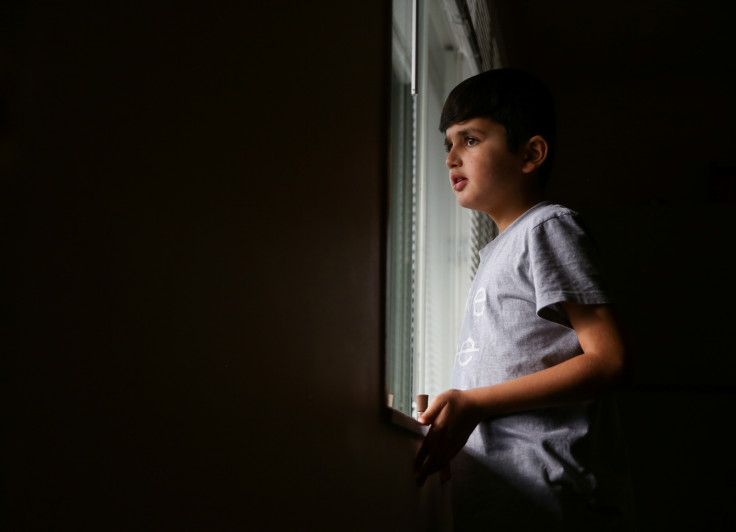Memories of childhood abuse affects mental health more than the experience
A recent study from King's College London has suggested that the way childhood abuse and/or neglect is processed affects mental health more than the experience.

The impact of an abusive childhood can undoubtedly lead to a difficult and tumultuous life ahead, especially one full of severe anxiety, depression, behavioural disorders, extreme attachment issues and suicidal thoughts. Understandably, traumatic memories of such an experience can become steeped in serious self-harm and damaging disorders later in life.
But what impact does childhood maltreatment have on the development of the brain? Specifically, how does the brain process these harrowing memories?
Well, according to a new study by the Institute of Psychiatry, Psychology & Neuroscience (IoPPN) at King's College London and City University New York, researchers have found that the way childhood abuse and/or neglect is remembered and psychologically processed has a greater impact on subsequent mental health, significantly more than the experience itself.
Despite the absence of documented evidence, authors of the study have highly suggested that clinicians could utilise their patients' self-reported testimonies of childhood abuse and neglect in order to identify those at a high risk of developing severe mental health difficulties, whilst providing early interventions of care.
The researchers conducted a large study that followed nearly 1,200 participants up to the age of 40. Through this, the team investigated how the experiences of childhood abuse and maltreatment can impact the development of emotional disorders during adulthood. Results of the study showed that young adults who self-reported experiences of childhood maltreatment before the age of 12 had a greater number of depressive or anxiety episodes over the subsequent decade.
Juxtaposing this factor, the participants who possessed an official record of childhood maltreatment, but without any retrospective details of the experience, reported having a similar number of emotional disorder episodes in adulthood as those with no experience of maltreatment.
"Our study reveals that how a person perceives and remembers experiences of childhood abuse or neglect has greater implications on future emotional disorders than the experience itself," says Andrea Danese, Professor of Child & Adolescent Psychiatry at King's College and joint author of the study.
Professor Danese continued: "The findings show that, even in the absence of documented evidence of childhood maltreatment, clinicians can use information provided by their clients to identify those at greater risk for subsequent mental health difficulties. The findings also suggest that early interventions that help cope with memories of abuse and/or neglect may prevent emotional problems later on."
The participants were formally interviewed about their self-reported experiences of childhood abuse and neglect, along with the details of their current and past mental health. Subsequently, they were interviewed for a second time in order for researchers to measure the course of depression and anxiety symptoms.
Further investigations into this fascinating association between self-reported experiences of childhood abuse and the greater number of mental health problems, also revealed that these intense episodes of anxiety and depression were partly explained by the participants' current mental health, as reported during their first interviews. The authors, respectively, attributed this to emotional disorders having a rather negative bias towards memories, making negative memories more likely.
Concluding the findings of the study, Professor Danese stated: "A better understanding of how memories of child maltreatment are maintained and exacerbated over time, and of how the memories affect daily functioning, could provide new insights to develop effective interventions."
© Copyright IBTimes 2024. All rights reserved.






